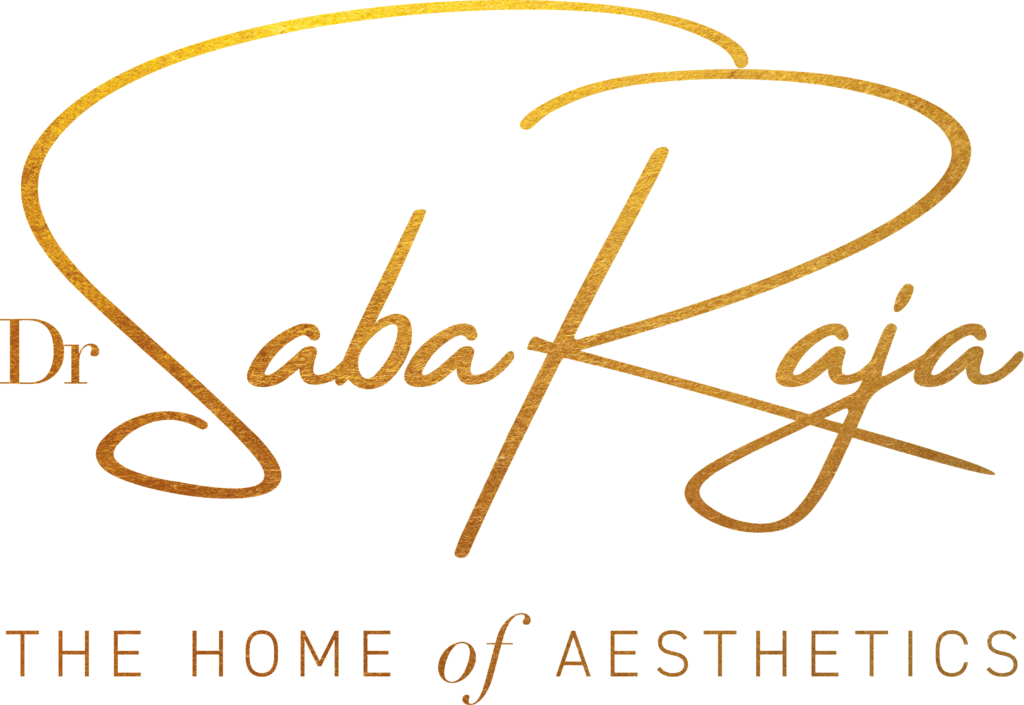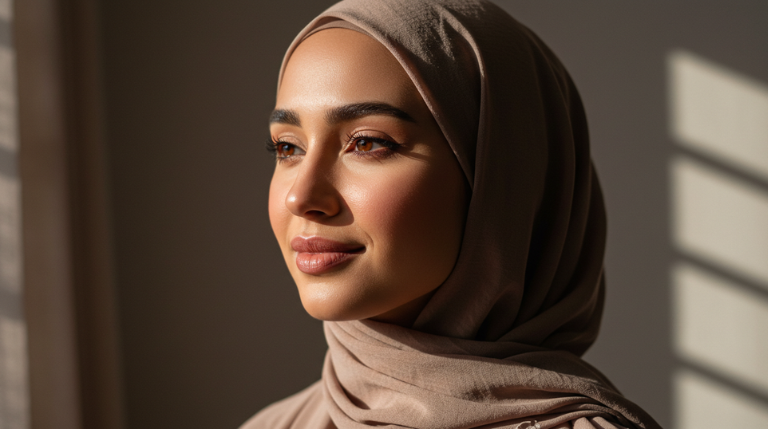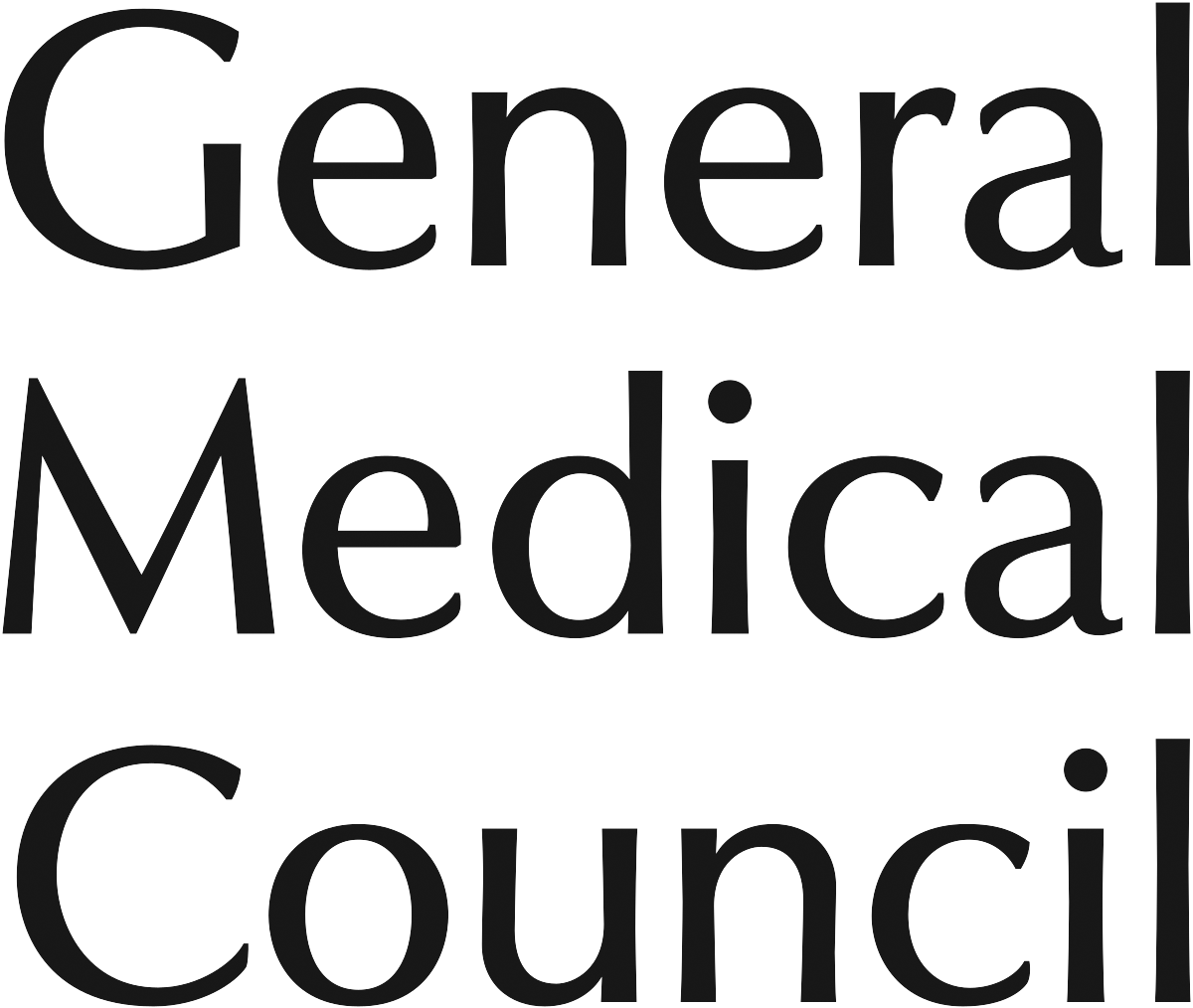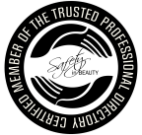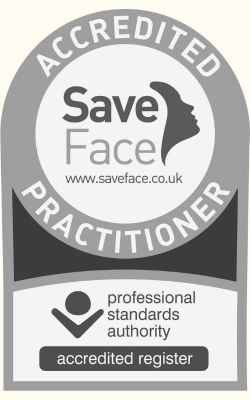Fillers, also known as dermal fillers, are injectable substances used in cosmetic procedures. Enhance facial features, reduce the appearance of wrinkles, and restore volume loss. Fillers have gained immense popularity in recent years, with many individuals seeking a more youthful and rejuvenated appearance. However, in the context of Islamic principles, the use of fillers has sparked debates and raised concerns regarding their permissibility.
As Muslims, we strive to adhere to the teachings of the Qur’an and the Sunnah, which guide us in all aspects of life, including our physical appearance and bodily alterations. The concept of “haram” refers to actions, substances, or practices that are prohibited or considered unlawful in Islam. When it comes to fillers, there are various perspectives and interpretations within the Islamic community.
The Concept of Haram in Islam
In Islam, the concept of haram is rooted in the belief that Allah (SWT) has provided guidance for our well-being and spiritual growth. Certain actions or substances are considered haram to protect us from harm, promote modesty, and maintain a balance between our physical and spiritual lives.
The Qur’an and the Sunnah serve as the primary sources of Islamic teachings. Outlining what is considered halal (permissible) and haram (impermissible). However, not all matters are explicitly mentioned in these sources, so scholars rely on principles of Islamic jurisprudence (fiqh) to derive rulings on contemporary issues.
Common Reasons Fillers are Considered Haram
There are several reasons why some Islamic scholars and individuals consider the use of fillers to be haram. Here are some of the common arguments:
- Altering Allah’s Creation: One of the primary concerns raised is that fillers involve altering the natural appearance that Allah (SWT) has bestowed upon us. Some scholars argue that modifying one’s physical features goes against the principle of accepting and being content with Allah’s creation.
- Potential Health Risks: Fillers, like any medical procedure, carry potential risks and side effects. Some scholars argue that exposing oneself to unnecessary risks for cosmetic purposes is haram, as it goes against the Islamic principle of protecting one’s health and well-being.
- Deception and Vanity: Another argument against fillers is that they may be seen as a form of deception or vanity, as they aim to alter one’s appearance for the sake of vanity or to deceive others about one’s true age or appearance.
- Ingredients and Sources: Depending on the type of filler used, there may be concerns regarding the ingredients and their sources. Some fillers may contain animal-derived or synthetic components that are considered haram in Islam.
Medical and Ethical Considerations
While people raise valid concerns about the use of fillers. It is essential to consider the medical and ethical perspectives as well. Saba Raja, a renowned cosmetic dermatologist and expert in Islamic bioethics, offers valuable insights on this topic.
The permissibility of fillers depends on various factors, including the specific purpose, the type of filler used, and the overall intention behind the procedure. Emphasising the importance of considering the potential benefits and risks, as well as the ethical implications.
“In cases where fillers are used for legitimate medical purposes, such as reconstructive surgery or treating certain conditions. Their use may be considered permissible,” explains Dr. Raja. “However, when fillers are used solely for cosmetic enhancement or vanity. There is a stronger argument against their permissibility from an Islamic perspective.”
Dr. Raja also highlights the importance of consulting qualified medical professionals and ensuring that the fillers used are halal and free from any prohibited substances. Additionally, she stresses the need for moderation and avoiding excessive or exaggerated alterations that go against Islamic principles of modesty and natural beauty.
Alternatives to Fillers
- Skincare and Makeup: A well-rounded skincare routine and the appropriate use of makeup can help enhance one’s natural features. Without altering the physical structure.
- Lifestyle Changes: Adopting a healthy lifestyle, including a balanced diet, regular exercise, and adequate hydration, can contribute to a more youthful and radiant appearance.
- Non-invasive Treatments: Certain non-invasive treatments, such as facials, massages, and natural remedies. May be considered halal alternatives for improving skin health and appearance.
Making Informed Decisions
The debate surrounding the permissibility of fillers in Islam is complex and multifaceted. While there are valid concerns and arguments on both sides, it is crucial for individuals to make informed decisions based on their personal beliefs, ethical considerations, and consultations with qualified professionals.
Dr. Saba Raja’s insights highlight the importance of weighing the potential benefits and risks, considering the specific circumstances, and ensuring adherence to Islamic principles of moderation, health, and modesty.
Ultimately, the decision to undergo filler treatments should be a well-informed and thoughtful one. Guided by a sincere intention to act in accordance with Islamic teachings and one’s personal convictions.
If you’re considering fillers or any cosmetic procedure, we encourage you to book a consultation with Dr. Saba Raja today. Her expertise in both cosmetic dermatology and Islamic bioethics will provide you with guidance and insights. Helping you to make an informed decision that aligns with your beliefs and values.
